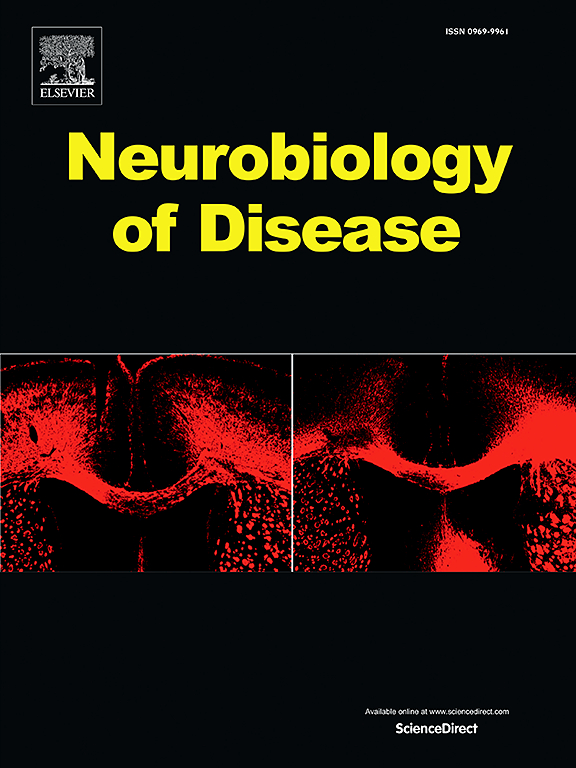Glycosylation in neurodevelopment: What oncology teaches?
IF 5.6
2区 医学
Q1 NEUROSCIENCES
引用次数: 0
Abstract
Neurodevelopment is a highly complex process, sensitive to a multitude of signaling pathways linked to molecular processes involved in neuronal development and function, metabolism, and immune functions. Key pathways include cell-cycle regulation (PI3K/Akt/mTOR, p53/PTEN), JAK-STAT, Notch, SLIT/Robo, epithelial-mesenchymal transition (EMT) and cellular homeostasis processes such as apoptosis, autophagy and hypoxia. Transcription regulation (including histone and epigenetic regulation) and immune regulation (NF-kB, Toll-like receptors (TLRs)) play a crucial role. Glycosylation abnormalities related to these molecular processes have been described in cancer. However, while cancer research and therapies have been revolutionized by the study of glycosylation, mechanistic insights and therapeutic approaches are still struggling to develop in neurodevelopmental pathologies. This study is a blueprint to unravel the key pathological pathways in neurodevelopment by highlighting the benefits of studying the associated regulatory processes of glycosylation, which have led to major advances in cancer research.
神经发育中的糖基化:肿瘤学教授什么?
神经发育是一个高度复杂的过程,对涉及神经元发育和功能、代谢和免疫功能的分子过程相关的大量信号通路敏感。关键通路包括细胞周期调节(PI3K/Akt/mTOR, p53/PTEN), JAK-STAT, Notch, SLIT/Robo,上皮-间质转化(EMT)和细胞稳态过程,如凋亡,自噬和缺氧。转录调控(包括组蛋白和表观遗传调控)和免疫调控(NF-kB、toll样受体(TLRs))起着至关重要的作用。与这些分子过程相关的糖基化异常已在癌症中得到描述。然而,尽管糖基化的研究已经彻底改变了癌症的研究和治疗方法,但神经发育病理学的机制见解和治疗方法仍在努力发展。本研究通过强调研究糖基化相关调控过程的益处,揭示了神经发育的关键病理通路,这导致了癌症研究的重大进展。
本文章由计算机程序翻译,如有差异,请以英文原文为准。
求助全文
约1分钟内获得全文
求助全文
来源期刊

Neurobiology of Disease
医学-神经科学
CiteScore
11.20
自引率
3.30%
发文量
270
审稿时长
76 days
期刊介绍:
Neurobiology of Disease is a major international journal at the interface between basic and clinical neuroscience. The journal provides a forum for the publication of top quality research papers on: molecular and cellular definitions of disease mechanisms, the neural systems and underpinning behavioral disorders, the genetics of inherited neurological and psychiatric diseases, nervous system aging, and findings relevant to the development of new therapies.
 求助内容:
求助内容: 应助结果提醒方式:
应助结果提醒方式:


